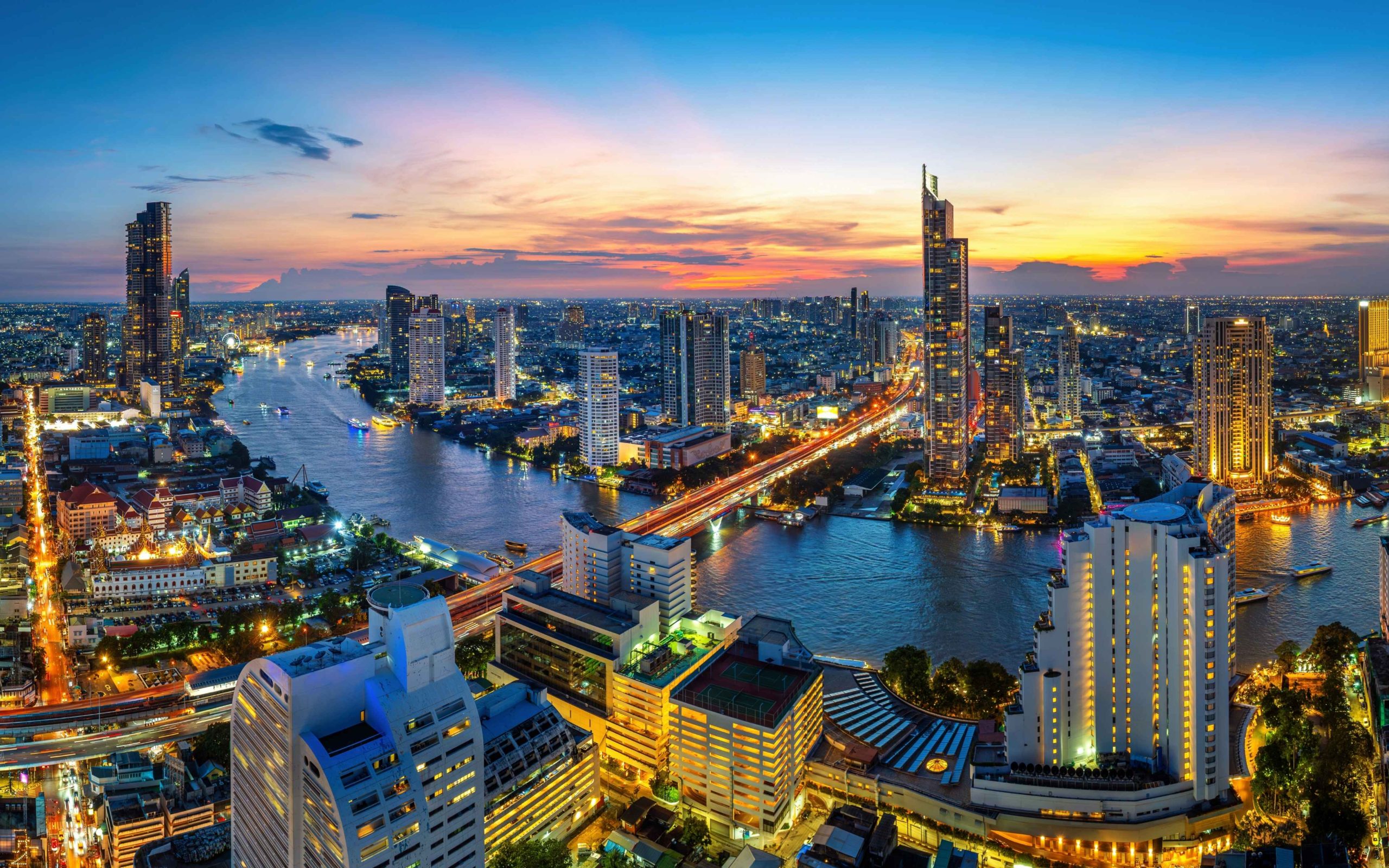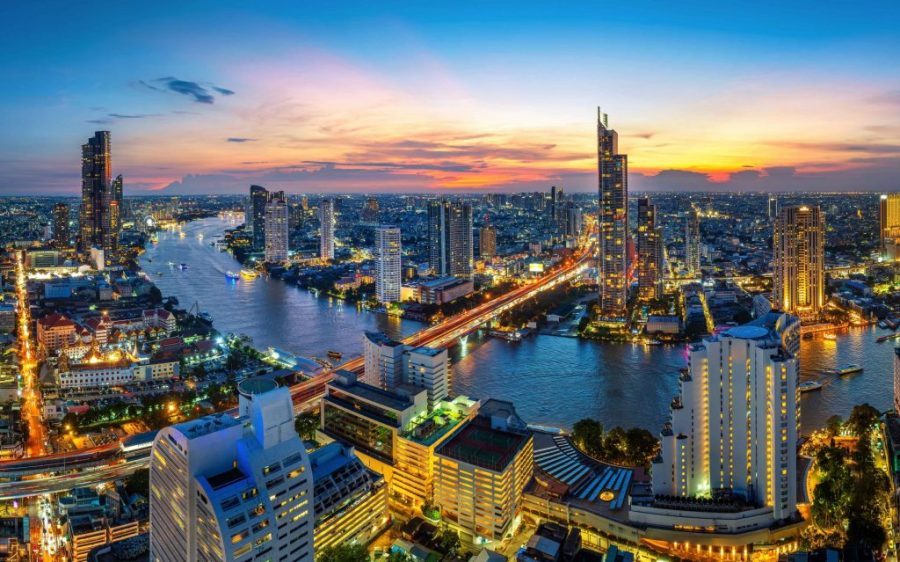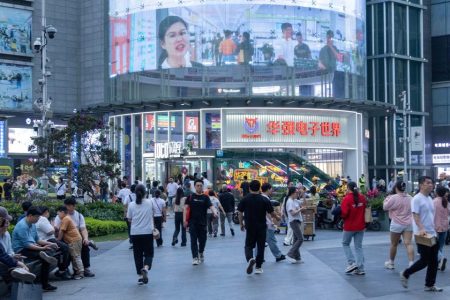Thailand needs to rethink how it manages its tourism sector if it wants to remain competitive in Asia, Galaxy Entertainment Group’s chief brand officer for Thailand told the Bangkok Post Economic Forum 2025 on Friday.
Kevin Clayton, whose remarks were reported by casino industry news platform Inside Asian Gaming, argued that Thailand should establish an independent tourism board capable of driving long-term strategy that would likely include Macao-style integrated resorts.
He pointed to Singapore’s success with Marina Bay Sands and Resorts World Sentosa, and Japan’s decision to greenlight its first integrated resort, MGM Osaka.
Clayton’s remarks followed Thailand’s new prime minister’s rejection of his predecessor’s controversial efforts to legalise casinos in the country. In September, Prime Minister Anutin Charnvirakul said Thailand would have to “wait for another prime minister” to build any integrated resorts. The call came as a blow to gaming companies like Galaxy, which are eager to expand into the market.
[See more: Japan’s new leader wants to develop the casino sector]
According to Clayton, the country “needs to come to accept that …. manmade attractions now are the call of the day internationally.” He insisted that theme parks and casinos could complement Thailand’s traditional tourism offerings: a rich culture and famed beaches.
“[Thailand] needs additional destinations that are attractive to a bigger international audience and in particular higher yielding customers who are willing to spend a significant amount of money,” Clayton said.
He added that Thailand should offer visitors more entertainment, even becoming “dare I say, a gambling destination, which is loved by many, many people,” but also acknowledged that gambling was a heated topic for Thai society that needed to be treated with “some sensitivity.”
Visitor arrivals to Thailand are projected to reach 33 million this year, down from nearly 40 million in 2019. Tourism revenue has also slipped, from around US$60 billion to US$48 billion. Clayton said any business facing that scale of decline would make structural changes – and the tourism sector should do the same.






